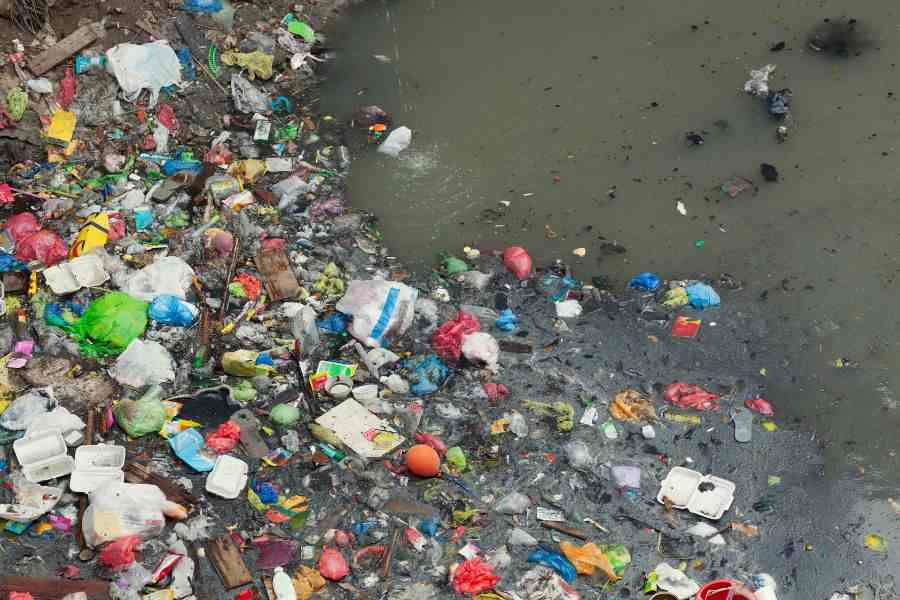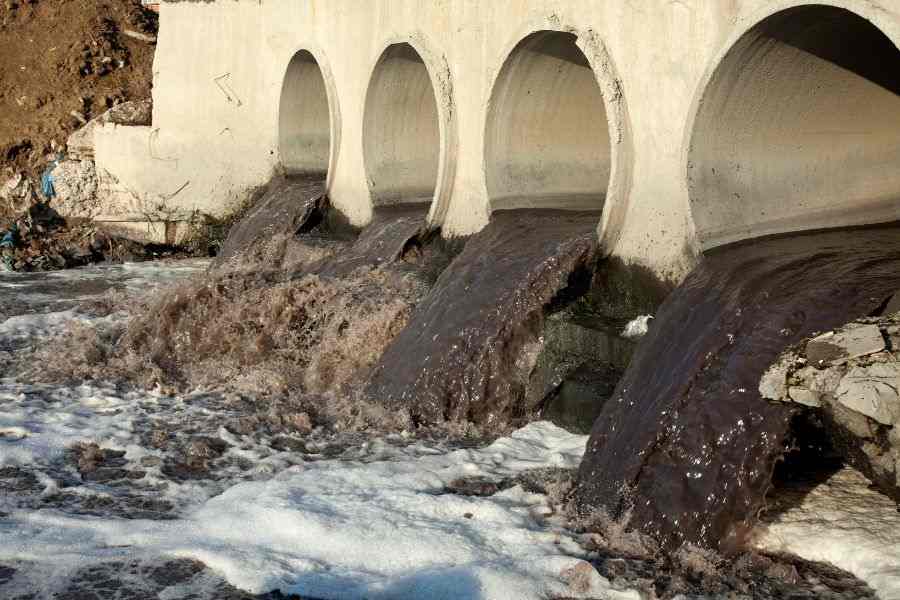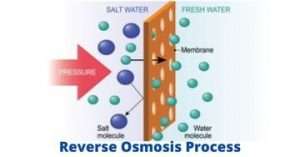What is Water Pollution?
Water pollution is any release of substances into surface or groundwater sources that harm aquatic life, plants, and humans, potentially leading to serious illnesses. Water pollution may come from organic and inorganic materials contaminating these bodies of water – some being easily dissolvable while others cannot dissolve readily into liquid solutions.
Industrial waste and fertilizers are the primary contributors to water pollution and may lead to serious health effects on humans and animals. Accidental oil spills also pose significant environmental damage, often disrupting marine habitats and recreational spaces. As reported by the UN, up to 80% of wastewater worldwide enters the environment untreated.

Agriculture another primary contributor to water pollution worldwide. Farming requires 70% of surface water consumption while polluting it further with pesticides, chemicals, and other toxic materials.
Water pollution causes
Oil leaks, industrial waste disposal, and agricultural runoff are some of the leading contributors to environmental water contamination, each emitting dangerous toxins into the atmosphere and thus polluting our precious aquatic environment.
Water pollution is one of the primary social concerns and contributors to illness among humans, having devastating repercussions for health and the economy across the globe.
1. Industrial waste
Daily, the industry produces vast quantities of industrial waste containing harmful pollutants that pollute air and water sources. Such hazardous substances include lead, sulfur, mercury nitrates asbestos.

Many industries do not implement waste-management systems, and the contaminated water they generate drains directly into rivers and canals before being discharged into the ocean.
2. Marine dumping
In some countries, household waste such as paper, plastics, rubber, food, and glass collected on the streets and dumped into the ocean may take 200 years or longer to decompose completely, polluting waterways and endangering marine life in this process.
3. Burning fossil fuels
We produce large volumes of ash when burning fossil fuels such as coal or oil and acid rain forms when water vapor mixes with toxic chemicals released during combustion.
4. Pesticides and chemical fertilizers
Farmers use pesticides and chemical fertilizers to protect their crops from bugs and bacteria. These chemicals are essential for plant growth. They can have harmful effects on animals and plants when combined with water.
When it rains, rainwater mixes with chemicals, which can cause serious harm to aquatic life.
5. Urban development
As the population grew, the demand for housing, food, and clothing increased rapidly. As cities and towns grow, so does the need for fertilizer. This has increased soil erosion due to deforestation, more construction activities, poor sewage collection and treatment, landfills and increased use of chemicals by industry to produce more material.
6. Landfill leakage

A landfill can be found throughout a city and emit an unpleasant stench when filled. However, rainstorms often force these landfills open, causing groundwater contamination with dangerous contaminants that leak out – potentially polluting groundwater supplies with dangerous waste materials.
7. Radioactive waste
Radioactive Waste Nuclear energy can be created through fission or fusion reactions; Uranium, a highly radioactive and toxic chemical substance, is usually used to generate nuclear power. As part of its nuclear energy generation process, Uranium waste products become radioactive over time, potentially polluting groundwater sources as it travels downhill toward being radioactive again.
Water pollution effects on Humans and Aquatic Life
Studies have highlighted how water pollution harms aquatic life and humans, such as fish, plants, flora, and humans. Respiratory disease, cardiovascular issues, neurological issues, or cancer may result from water contamination causing breathing disorders as well.
Plants and humans depend upon clean water for survival; polluted or otherwise compromised water cannot fulfill its intended purposes and is ultimately lethal, killing many each year from ingesting contaminated supplies and killing many fish species that swim within it.
Giardia and cholera are among the many infectious pathogens commonly found in wastewater from homes and coastal waters, being highly contagious diseases that can lead to reproductive problems and contribute to fertility problems in women. Pharmaceutical products, heavy metals, and dyes may also enter water bodies as potentially hazardous contaminants that must be managed effectively to remain clean for aquatic environments.
Water pollution affects almost every animal on earth; approximately 80% is polluted due to human activities and may contain toxins, viruses, bacteria, and parasites that wreak havoc with aquatic life and even cause diseases.
Water pollution has become an environmental challenge of growing concern worldwide, according to reports by the World Bank that its quality has significantly declined worldwide. According to this organization, global water quality has worsened significantly and should no longer be considered pure and suitable for consumption.




